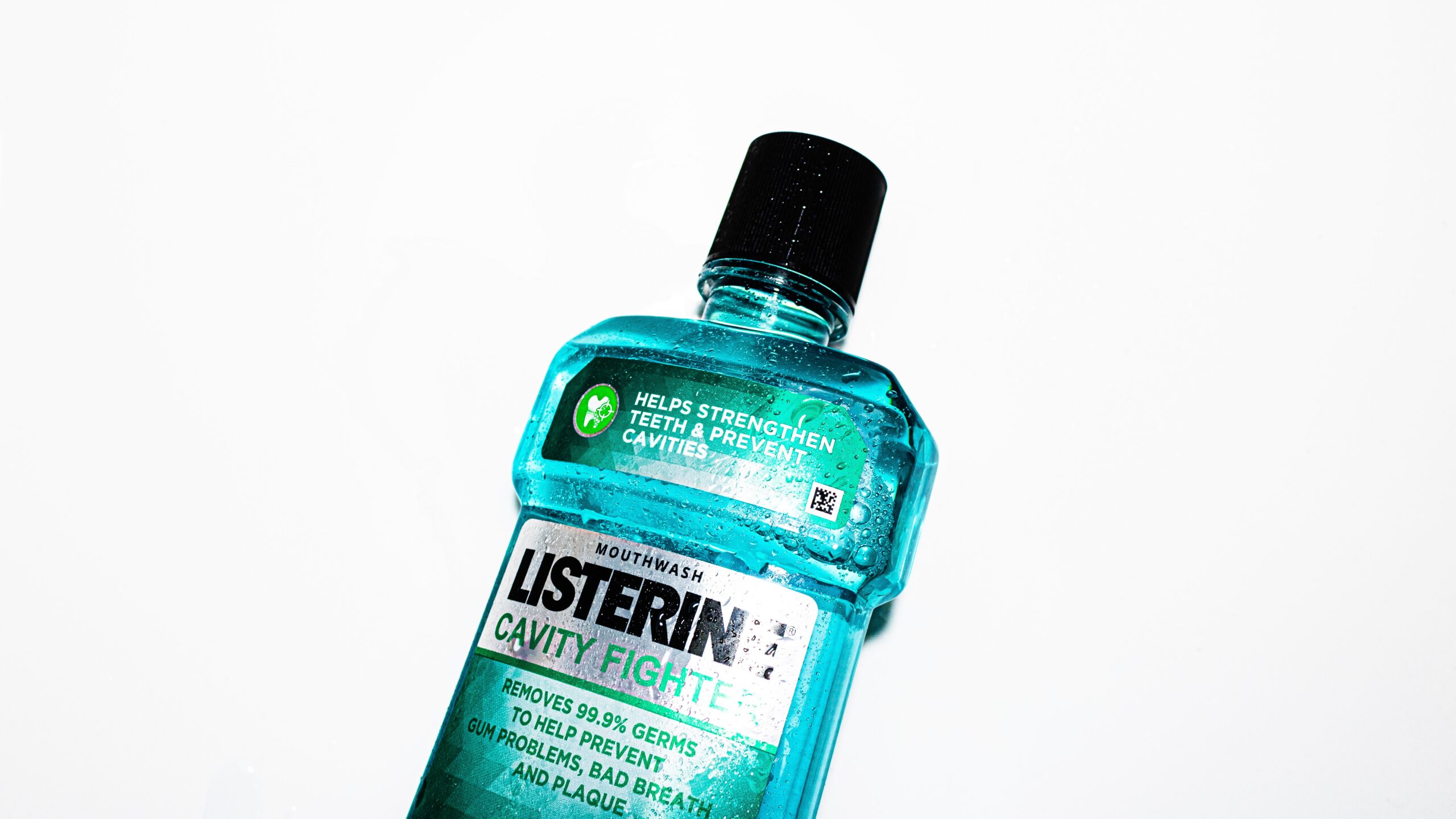Introduction
Mouthwash is a common oral hygiene product that is used by millions of people around the world. It is often used as a supplement to brushing and flossing to help maintain oral health. However, there is some debate about whether it is safe to use mouthwash everyday.
The Benefits of Using Mouthwash
Mouthwash can provide several benefits when used as part of a daily oral hygiene routine. It can help freshen breath, reduce plaque and gingivitis, and prevent tooth decay. Mouthwash containing fluoride can also help strengthen tooth enamel and prevent cavities.
The Potential Risks of Using Mouthwash Everyday
While mouthwash can be beneficial, there are also potential risks associated with using it everyday. One concern is that some mouthwashes contain alcohol, which can be drying to the mouth and lead to a decrease in saliva production. This can potentially contribute to dry mouth, bad breath, and an increased risk of tooth decay.
Another potential risk is that some mouthwashes contain harsh chemicals, such as chlorhexidine or hydrogen peroxide, which can cause irritation or allergic reactions in some individuals. Prolonged use of these types of mouthwashes can also lead to staining of the teeth or changes in taste perception.
Expert Opinions
According to dental professionals, using mouthwash everyday is generally safe as long as you choose a product that is alcohol-free and does not contain harsh chemicals. Alcohol-free mouthwashes are less likely to cause dry mouth and other potential side effects. It is also important to follow the instructions on the mouthwash label and not exceed the recommended usage.
However, it is always a good idea to consult with your dentist or dental hygienist before incorporating mouthwash into your daily oral hygiene routine. They can provide personalized recommendations based on your specific oral health needs.
Conclusion
In conclusion, using mouthwash everyday can be safe and beneficial for maintaining oral health, as long as you choose a product that is alcohol-free and does not contain harsh chemicals. It is important to follow the instructions on the mouthwash label and consult with your dentist or dental hygienist for personalized recommendations.

